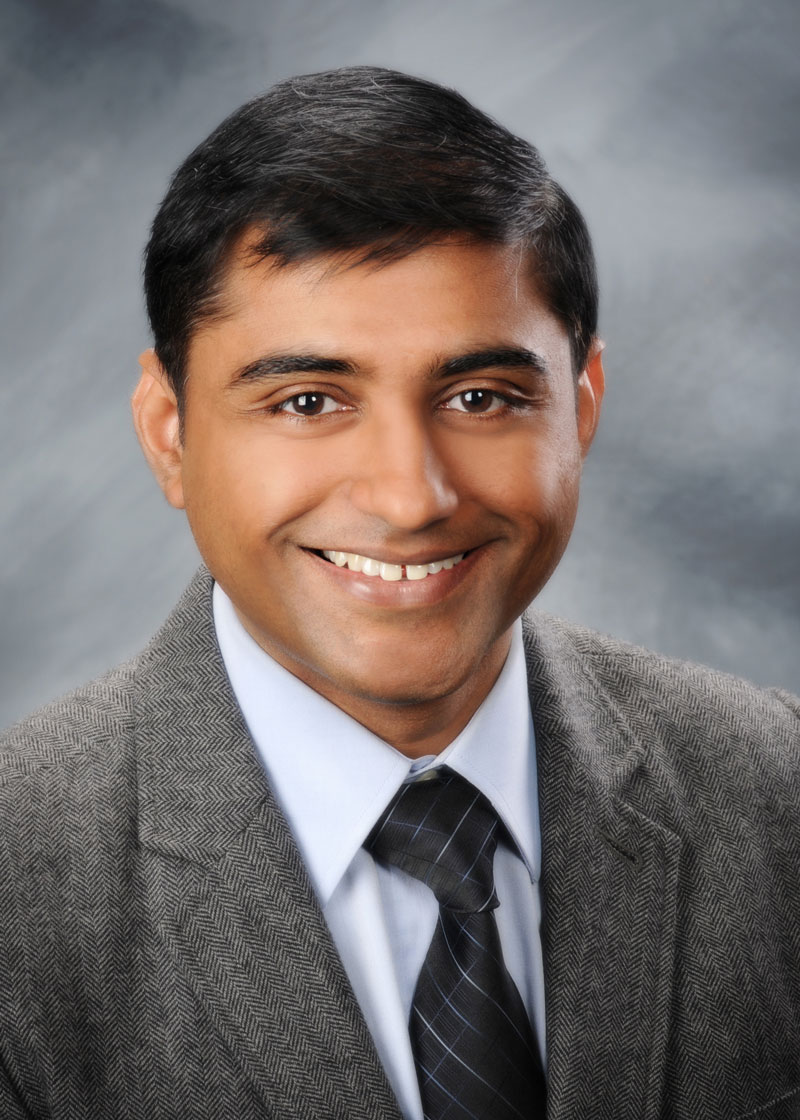UA Little Rock professor a collaborator in $1 million grant project to use fitness data to help African Americans, Latinos with cardiovascular disease
A University of Arkansas at Little Rock professor is a collaborator in a $1 million grant-financed project investigating how to use data from fitness trackers and environmental monitors to improve patient care in African Americans and Latinos diagnosed with cardiovascular disease.
The grant is one of 10 $1 million “Big Data Spokes” grants awarded by the National Science Foundation to research topics identified by the Big Data Regional Innovation Hubs.
The Big Data Spokes will gather stakeholders, engage end-users and solution providers, and form multi-disciplinary teams to tackle questions no single field can solve alone.
Gari Clifford, associate professor of biomedical informatics at Emory University, is leading the project, “Large-scale Medical Informatics for Patient Care Coordination and Engagement.”
Partners include Amazon, Emory Critical Care Center, Cerner, Moore School of Medicine, Relus Technologies, University of Texas Southwestern Medical Center, University of Virginia, and University of West Virginia.
Dr. Nitin Agarwal, Jerry L. Maulden-Entergy chair and professor of information science at UA Little Rock, was awarded $61,931 of the grant to help with social-media based outreach efforts to raise awareness about cardiovascular disease and health factors among African American and Latino communities in the South.
He will also help encourage the use of heath care apps among these communities and assist in the data collection and analysis for monitoring patient care.
“Biomedical Big Data is widely recognized for its potential to prevent disease, identify modifiable risk factors, and aid in designing interventions for health behavior change,” Agarwal said.
“The project will provide a human-centered approach for collection of these data streams, provide methods for evaluating accuracy within these data, and create a cloud-based infrastructure that will improve tracking of study participants, and, ultimately, engagement of patients and coordination of patient care,” Agarwal said.
The collaborators will combine traditional data sources (family medical history, lab reports, etc.) with crowdsourced data streams designed to enhance health and capture behavior, such as information recorded by health apps, fitness monitors, social media usage, and sensors that monitor environmental factors like the weather and pollution levels. Together, these data sources will create a long-term integrated data collection process that collaborators hope will improve long-term patient healthcare.
The three-year project will end in August 2019. Researchers are currently testing the health care apps they created to monitor patient data. They plan to distribute the apps to African American and Latino communities involved in the study in fall 2017 and spring 2018.
